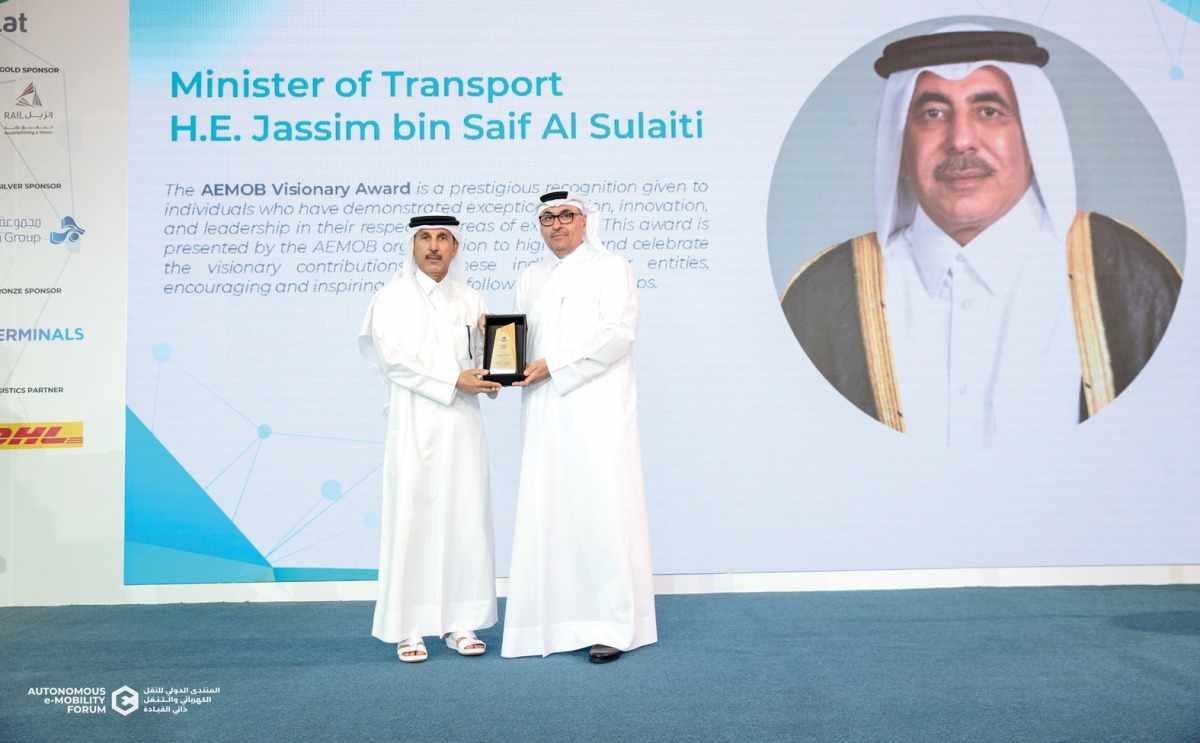Europe’s space leaders seek to boost sector in light of Brexit, COVID and international competition
- Date: 11-Jan-2021
- Source: Euronews
- Sector:Technology
- Country:Middle East
Europe’s space leaders seek to boost sector in light of Brexit, COVID and international competition
The European Space Conference in Brussels takes place this week, so Euronews spoke to European Space Agency Director General Jan Wörner about the challenges the sector faces in 2021.Brexit troubles Europe's space sectorBrexit is a headache for the European space sector, as the UK is a permanent and committed member of ESA, but is now outside the EU. Leaving the EU has made everything more complicated: under the terms of the agreement signed in December 2020 the UK can continue to be part of the Copernicus Earth observation programme at least until 2028, as both the EU and ESA contribute funding to it. However, it loses access to high-quality positioning from the EU's Galileo satellites, and is now out of EGNOS. The British stop being a full member of the European space debris tracking system, but still have access to it as a non-EU partner.There are outstanding questions over the role of British companies in building spacecraft for EU-related projects. ESA DG Jan Wörner told Euronews he believes 'it is possible to have a solution', given that non-EU countries like Switzerland and Norway are able to take part in the construction of satellites under Brussels contracts. However, the sheer size






















